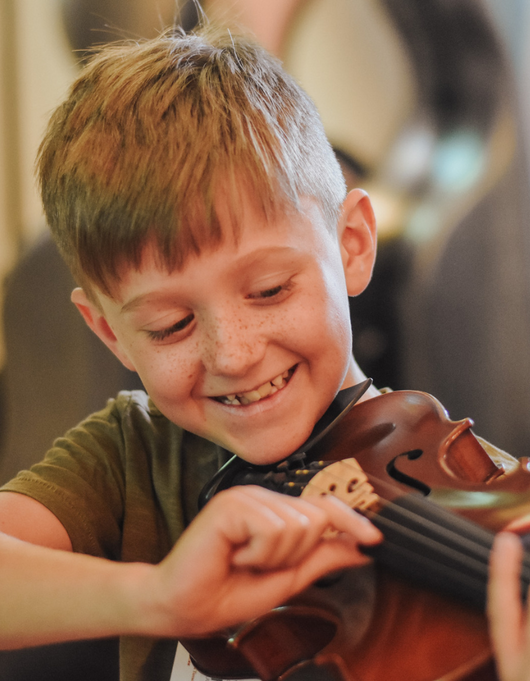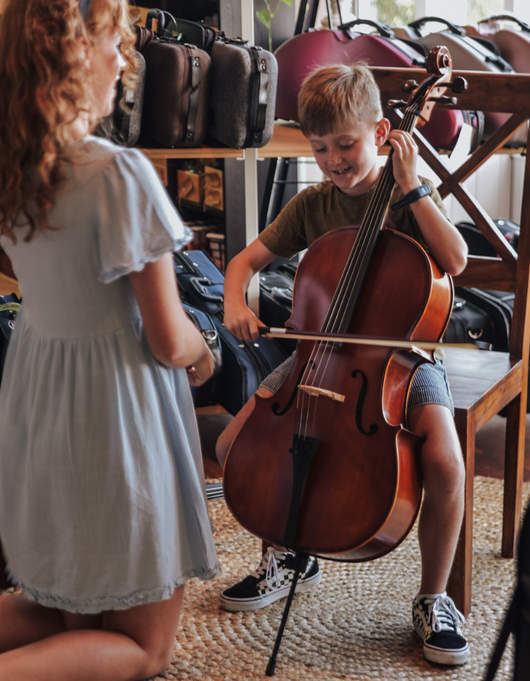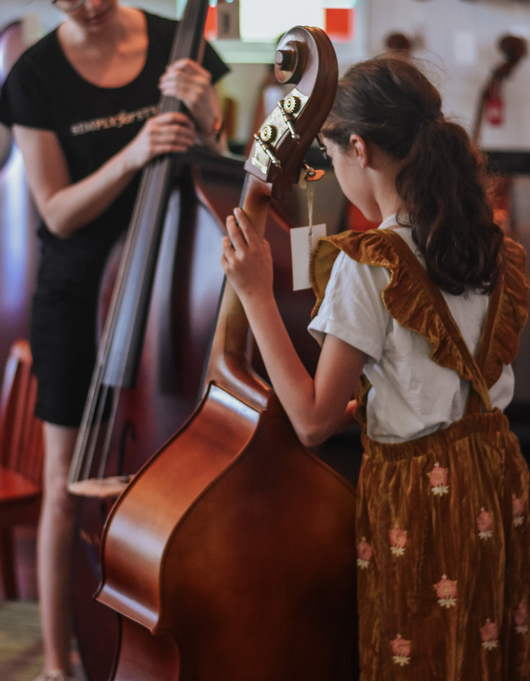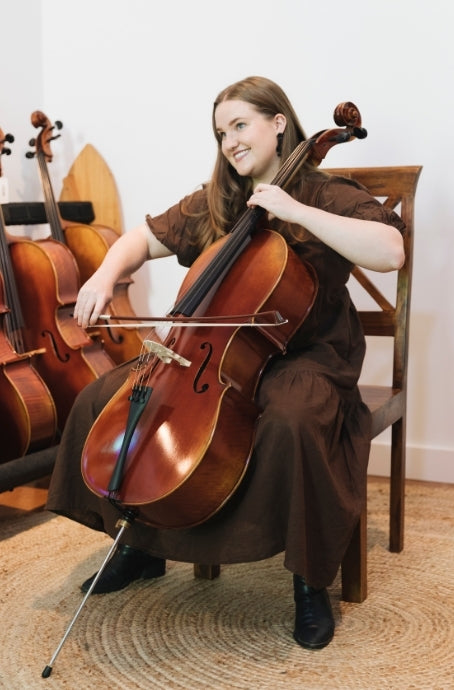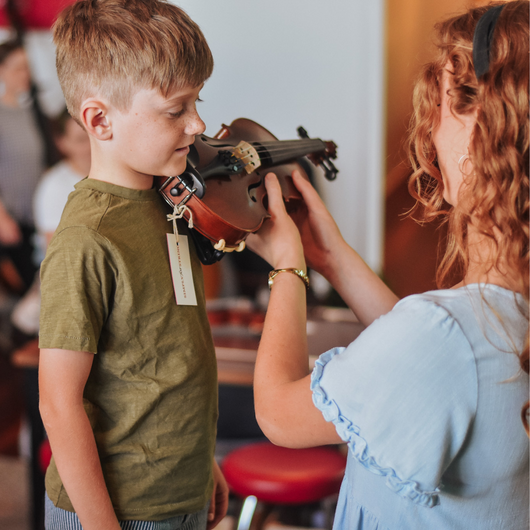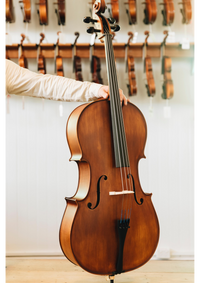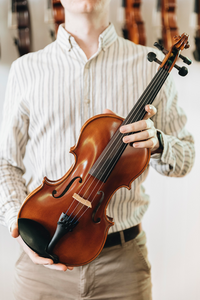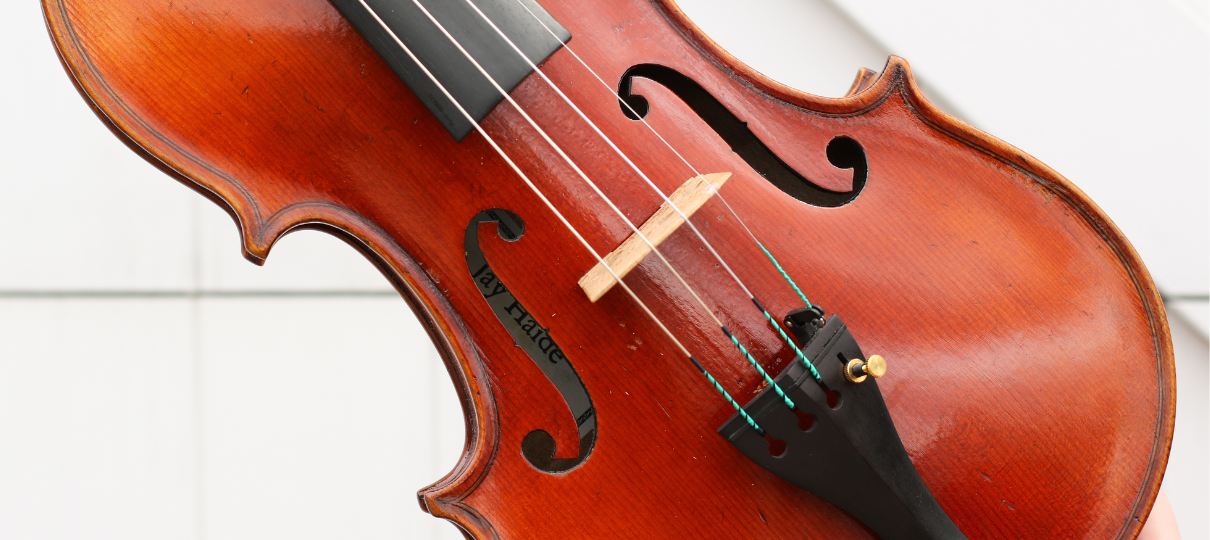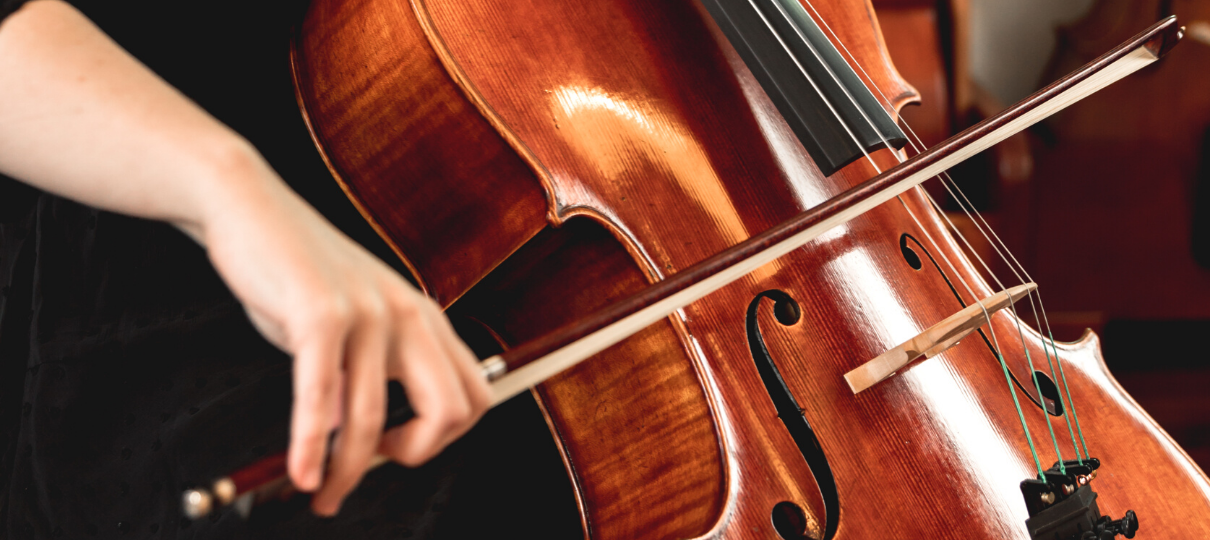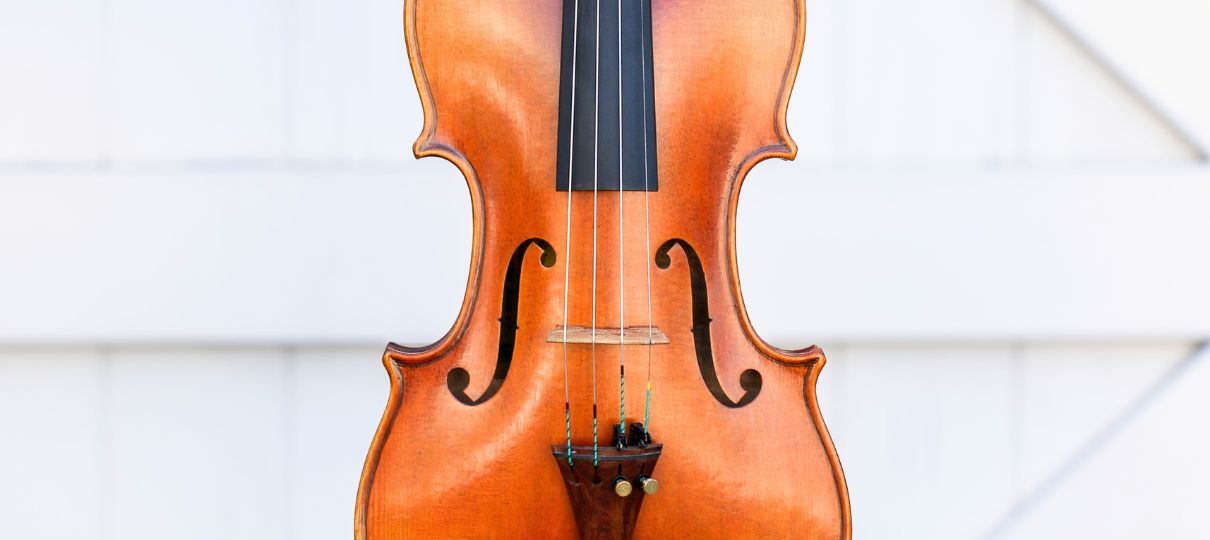The Tony Foundation's Vision
All Australian primary school children need, and have a right to a quality, sequential and ongoing music education.The Tony Foundation, through Alberts Impact Capital, has commissioned and released a new report, Music Education: A Sound Investment. This report is the first analysis of music education in Australia since 2005.
Read the report in its entirety here.
Why read the report?
Dr Collins and her co-authors identify what constitutes quality music education and the issues to be addressed if we are to ensure that all primary students are to have access to the significant benefits it offers.What is the report all about?
The report was written by Dr Anita Collins, Dr Rachael Dwyer and Mr Aden Date, neuromusical educator, education researcher and social impact consultant respectively, and provides clear and practical insights into the challenges and benefits of the current condition and quality of music education, drawing national and international perspectives and supported by neuroscience research, to outline the opportunities and required direction heading further into the 21st century.
The report details that a large number of Australian primary school students have little or no access to music education, and those that do receive significant variation of learning quality. It itemises in detail a number of factors which are in play, including key insights and opportunities, best practice in music education, barriers to the provision of quality music education, teacher education and training, the Australian Curriculum, school leadership expectations, NAPLAN, STEM, and the gap between school to university to the teaching profession.
The benefits of this report are extensive and expansive, particularly with Dr Anita Collins’ neuroscientific contribution of the significant impact that music education provides for cognitive development. Music education is proven to improve a range of skills in children, including logic processing, improved memory skills, understanding of self, social skills and cohesion, spatial awareness, fine motor skills, teamwork, empathy, a healthier immune system, and assignment of sounds to symbols (and vice versa) which then leads to and overwhelming evidence of the betterment of literacy and language learning.

Dr Collins also notes the importance of the need for a quality sequential and ongoing music education for cognitive development, including learning an instrument in an individual or small group lesson, an ensemble rehearsal, and ample performance experiences. The report includes a summary of benefits of the impact of music learning for both cognitive and human development.
The report delves deep with both a situational analysis and stakeholder overview. Notably, the state-by-state overview thoroughly examines the differences of music education quality and delivery between each of the eight states and territories, including funding opportunities, government structure and support, geographical position, culture and inteviewee responses and input. The stakeholder overview includes federal Government bodies, universities and conservatoria, state Government Education, Catholic Education, Independent Education, professional associates, in-service teacher training providers and advocacy and service non-profit groups.
Where to from here for music education?
The report mentions that since the last national report in 2005, unfortunately, not a lot has changed for music education in Australia.
The authors recommend that a collaborative approach is needed between all levels of stakeholders and staff. For example, in a school, Principals demonstrating leadership and mobilising human, financial and community resources can realise an ambitious vision. This was evident in ABC’s Don’t Stop the Music programme in 2018.
The term ‘value’ has been discussed endlessly in this field, leading to music education being viewed as ‘undervalued’. A mental and practical shift is recommended from ‘value’ to ‘place and purpose’, which provides opportunities for specific discussions and collaborations to take place, and emphasises the way we communicate the importance of music education, which in turn suggests the possibility of a new narrative for this sector.
It is noted that the South Australian state government music education strategy over the last couple of years saw a looming challenge, described as a ‘crisis’, and a challenge going forward will be to uncouple the relationship between crisis and innovation, allowing the system to change when it is able to, and not to reach the point where it must do to survive. Collaboration is required between professional associations, businesses, music stores, schools, universities and governments to bring about the needed changes to realise the shared desire each has.
There is also a continuing decline in the availability of competent and confident music educators, resulting from provisions in teacher training at the the tertiary level. The impact of this Australia-wide is still a few years away, however, the collaboration between sectors beginning now is vital.
The report summises that ‘if we can find an opportunity to collaborate today, we will be in better shape than if we wait for a crisis tomorrow’.
Read the report in its entirety here.



